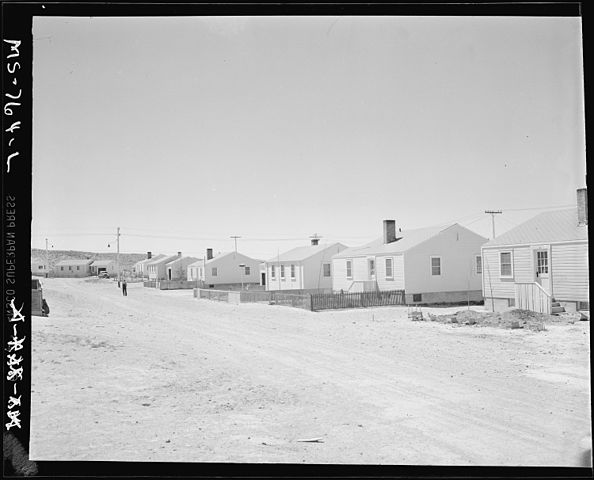Last week, Statistics Canada released data from the third and final instalment of its 2011 National Household Survey (NHS). The new data dealt with housing and income of Canadians. It is still unclear how compatible this new data is with the Census data this survey was intended to replace. However, what is apparent is that for many families, finding an affordable, suitable home in good repair remains a far-off goal.
The 2011 NHS surveyed 4.5 million households across Canada, making it one of the broadest research tools available to Canadian social scientists and policy makers. Unfortunately, with less than three quarters of households responding, the data is much less complete than the Long Form Census data was. The Long Form Census, formerly conducted every five years, sampled 20 per cent of all households and was mandatory to complete.
For smaller communities, incomplete data leaves gaping holes in the picture of confederation the Census had previously drawn for us. Especially concerning is the low response rate from communities where information is essential for developing informed public policy, such as inner city communities, low-income families and Aboriginal Canadians. For some rural and northern Manitoba communities, the response rate was less than 60 per cent. Where there was a low response rate, Statistics Canada has supressed some data to protect individual identities and privacy.
Despite the gaps in the data, what the 2011 NHS does tell us is that we need to do more to ensure all Canadians are properly housed. The abdication of the federal government’s role in providing social housing over the past two decades is reflected in the fact that across Canada one in four households were paying more than 30 per cent of their gross income for shelter. Among renters, fully four in ten households were paying such unaffordable rent in 2011.
In Manitoba, the equivalent numbers are somewhat lower: 19 per cent of households; 34 per cent of renters. This is partly thanks to provincial investments in affordable housing in recent years. It is also due to Manitoba’s historically relatively low housing costs. But across the province, rents are climbing with average Winnipeg rents in the private market reaching over $800 in 2011. Moreover, this still leaves 85,000 households in this province in need of affordable shelter.
Among those most at risk are families in extremely unaffordable housing, paying more than 50 per cent of their income for shelter. In total, there were 26,000 households with extremely unaffordable housing in Winnipeg. Of these households, more than half lived in private sector rental accommodation. Also, nearly half of households with extremely affordable shelter have incomes less than $10,000 per year and 80 per cent have incomes below $20,000 per year. In other words, the problem of housing affordability is not just a matter of the cost of housing, it is also a matter of income.
Affordability is just one of three components of what the Canada Mortgage and Housing Corporation classifies as core housing need. In the other two areas — need for major repairs, and suitable number of rooms for family size — Manitoba lags behind the rest of the country. When we include all the components of core housing need, 50 per cent of all renters in Manitoba lack housing that is affordable, suitable and not in need of major repairs.
We have in Manitoba an old housing stock that requires updating and retrofits, especially as energy costs go up and as climate change is recognized as a pressing concern. Recent investments by Manitoba Housing to renovate its stock of social housing are an important step forward, but more needs to be done in the private sector and by other levels of government as well.
As a snapshot of Canadian housing, the 2011 NHS gives cause for concern. Nonetheless, it remains difficult to identify the changes in Canada’s housing stock, and if it is improving over previous census periods. Changes in how the questions were asked and how they are tabulated preclude comparisons. Such a comparative analysis would be essential for the development of a national housing strategy, a strategy that, sadly, this country continues to lack.
Josh Brandon is the Housing and Community Development researcher for CCPA-MB.
Photo: wikipedia commons



